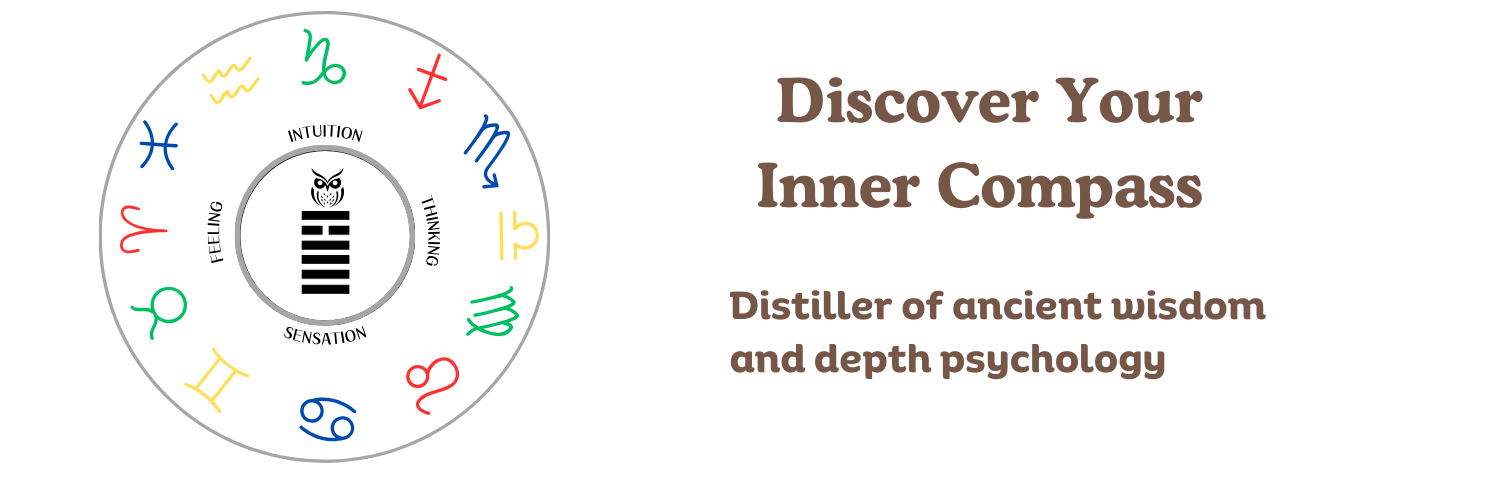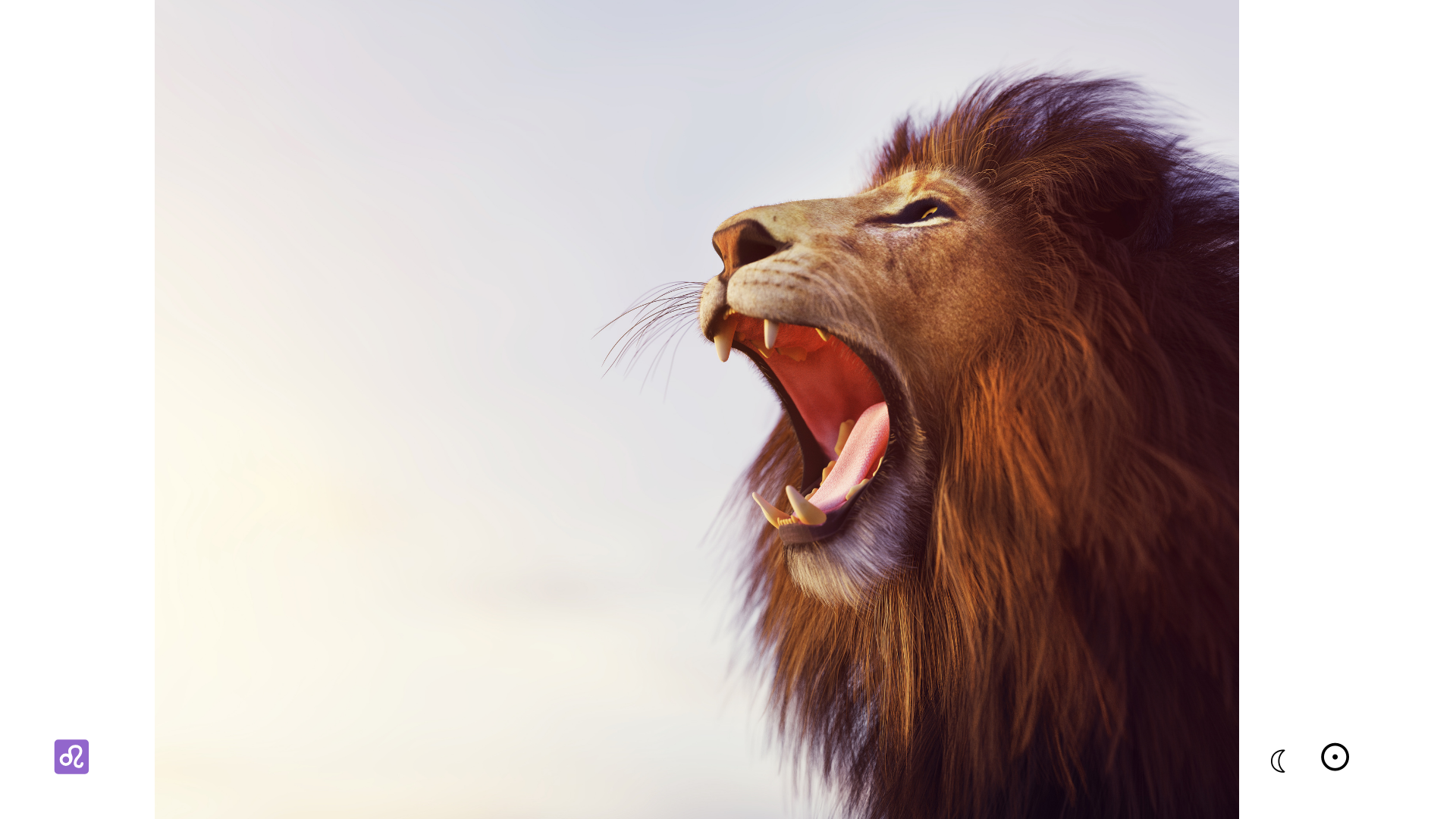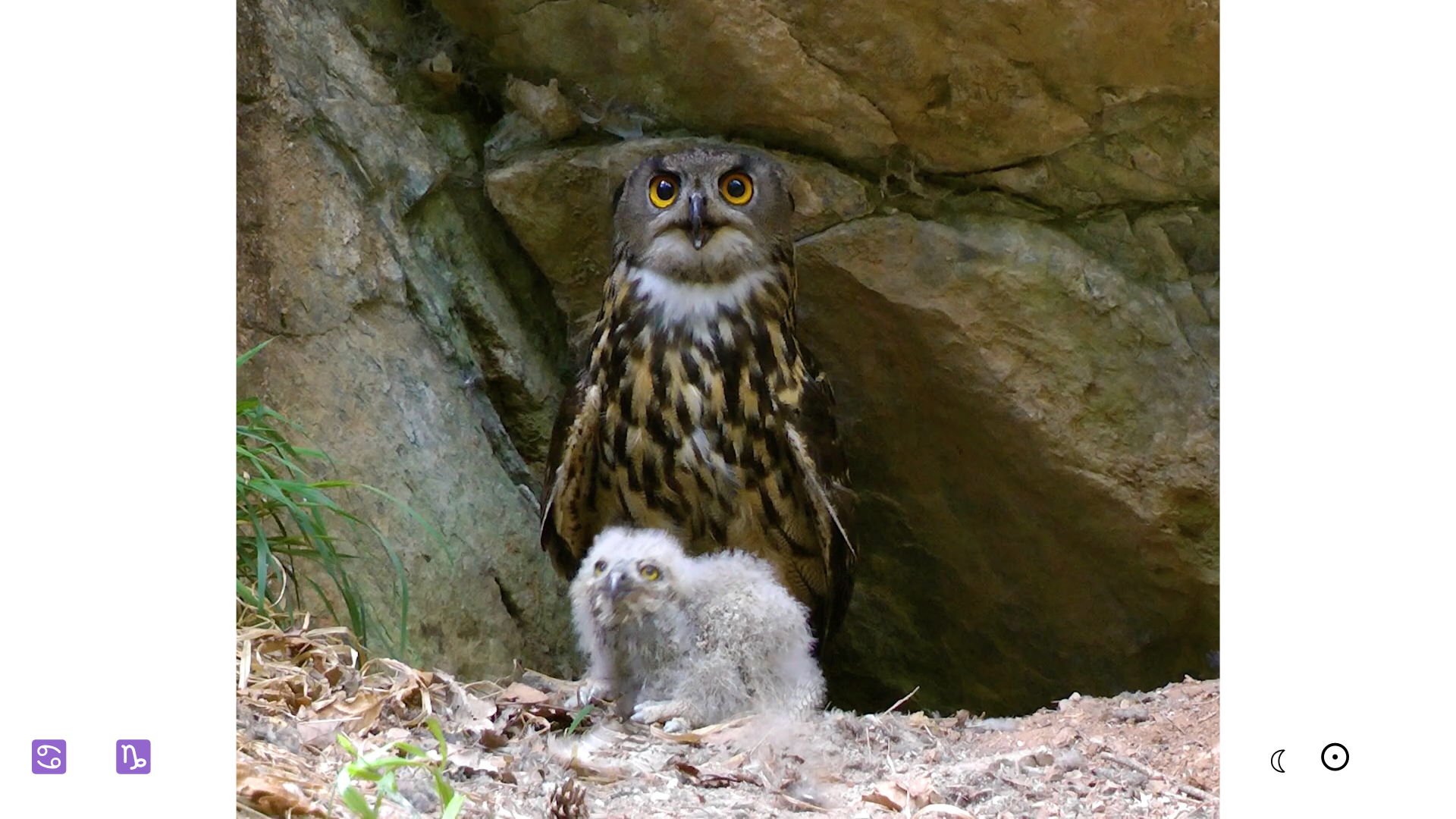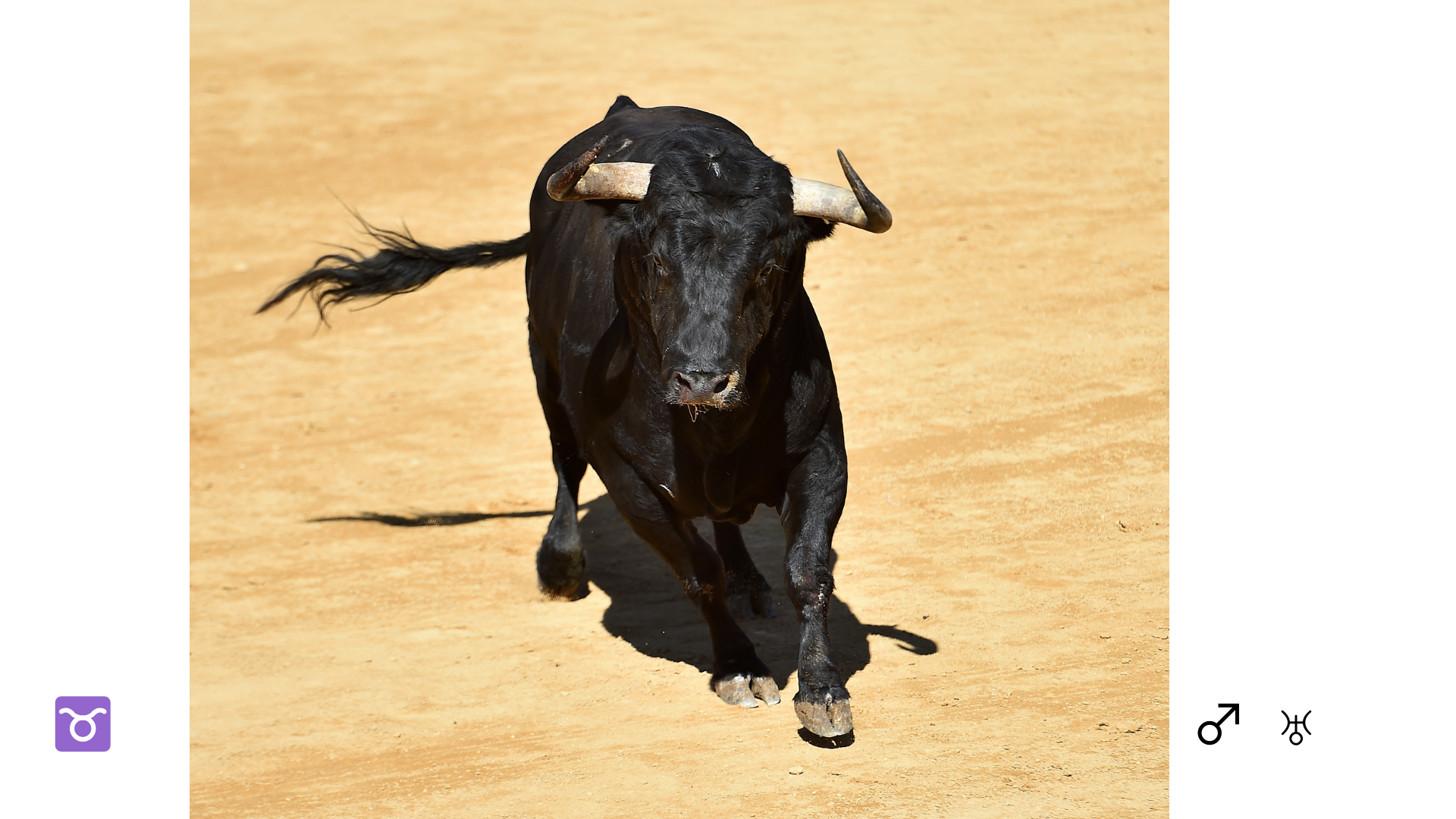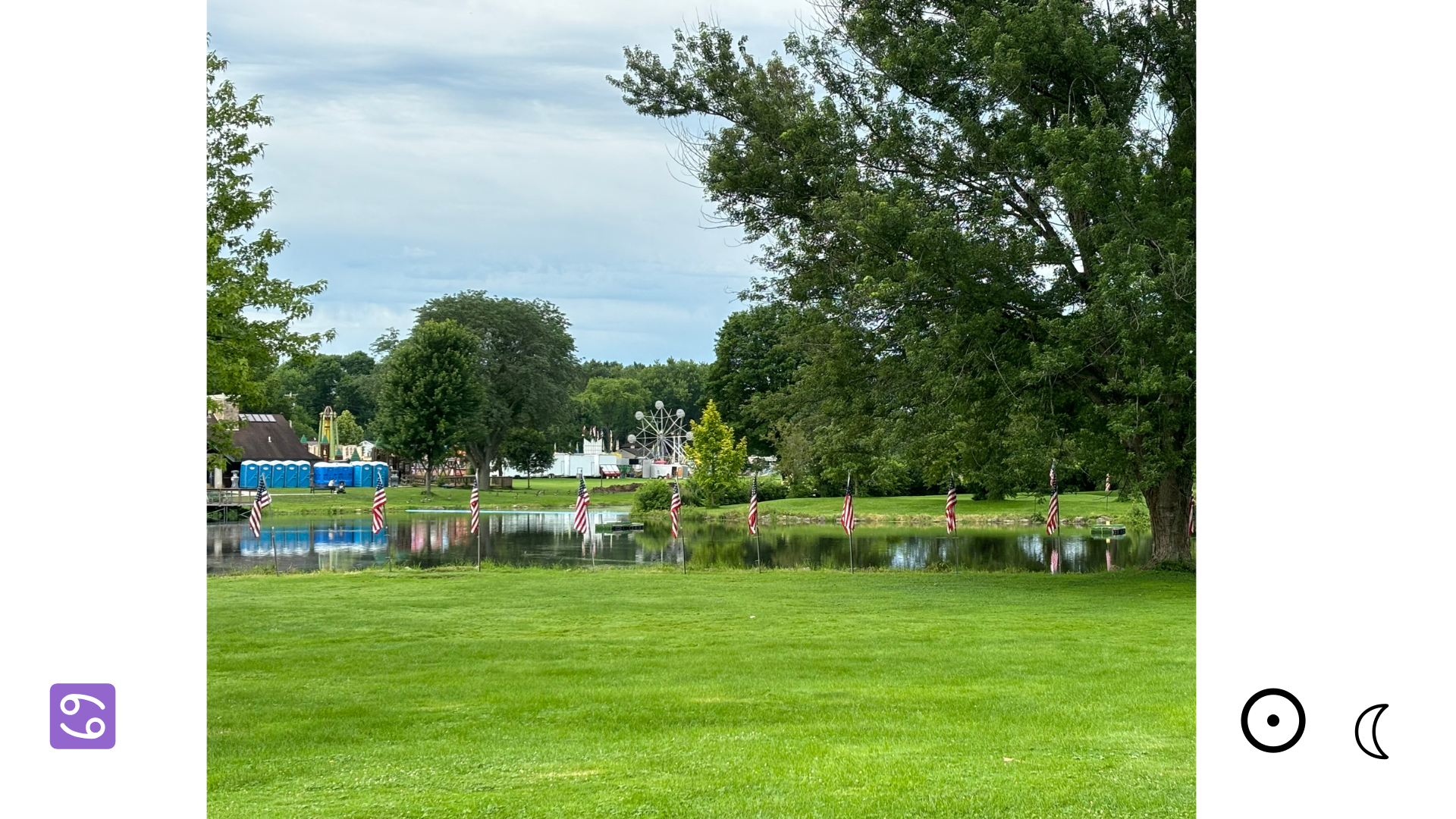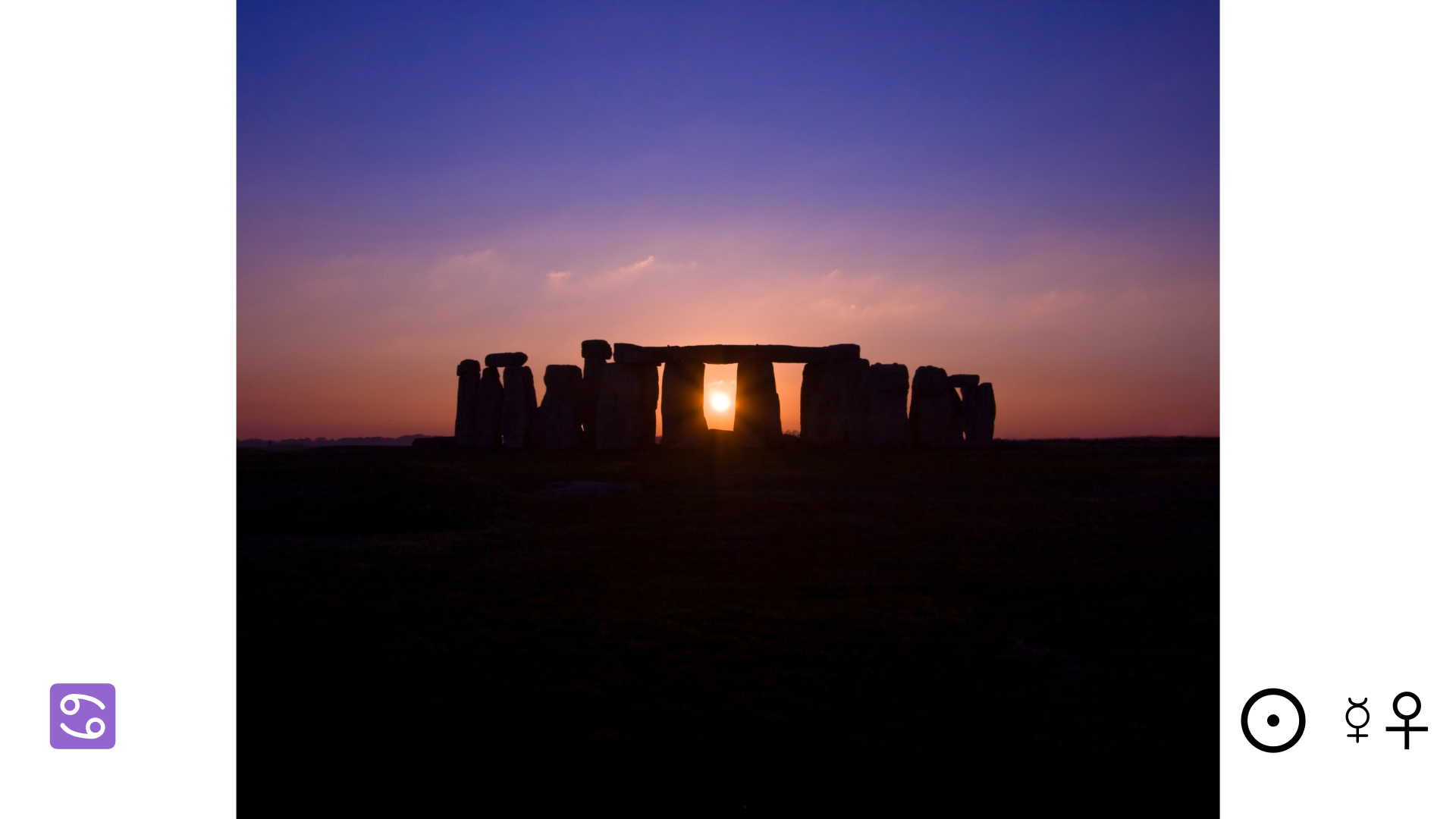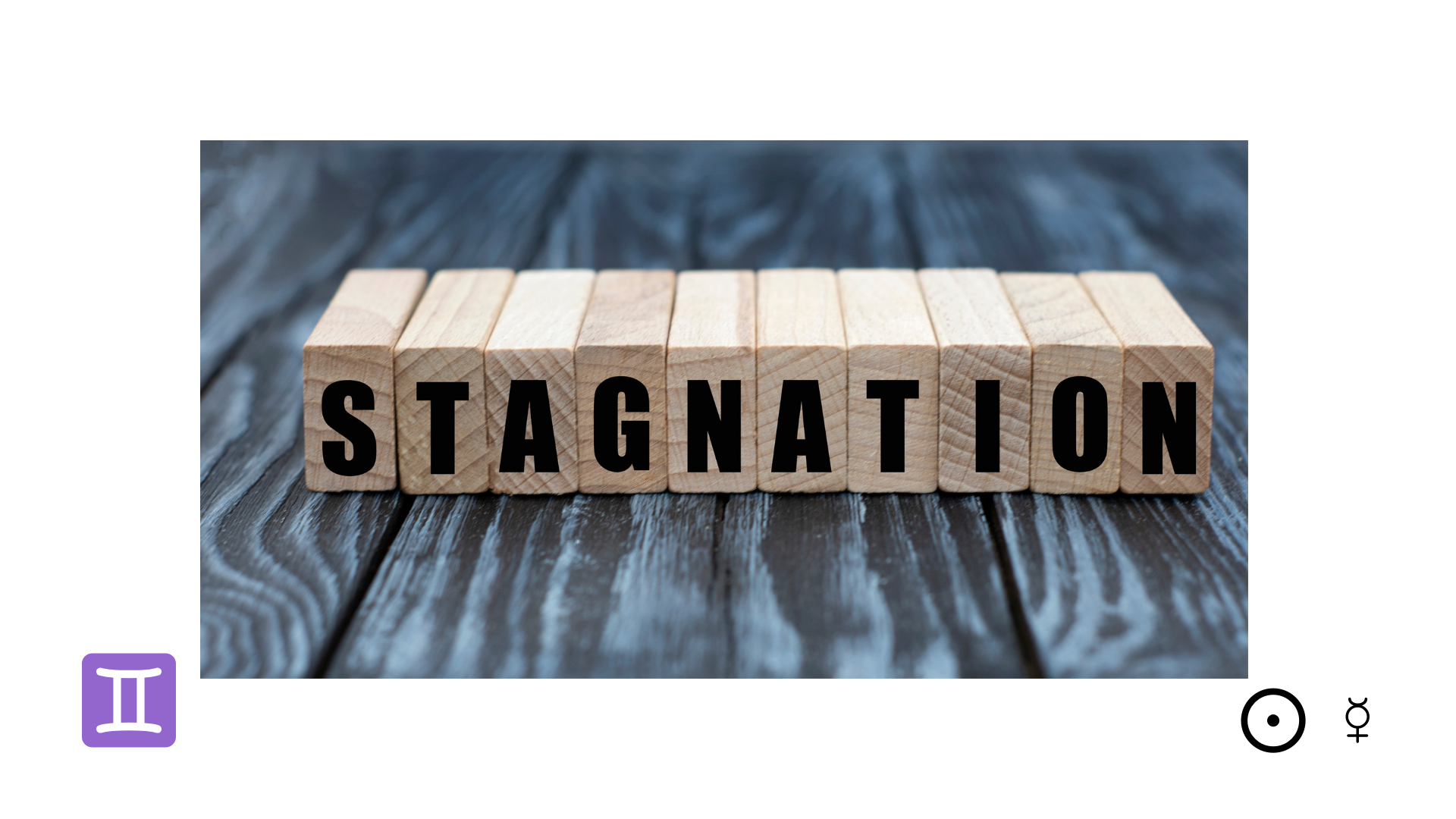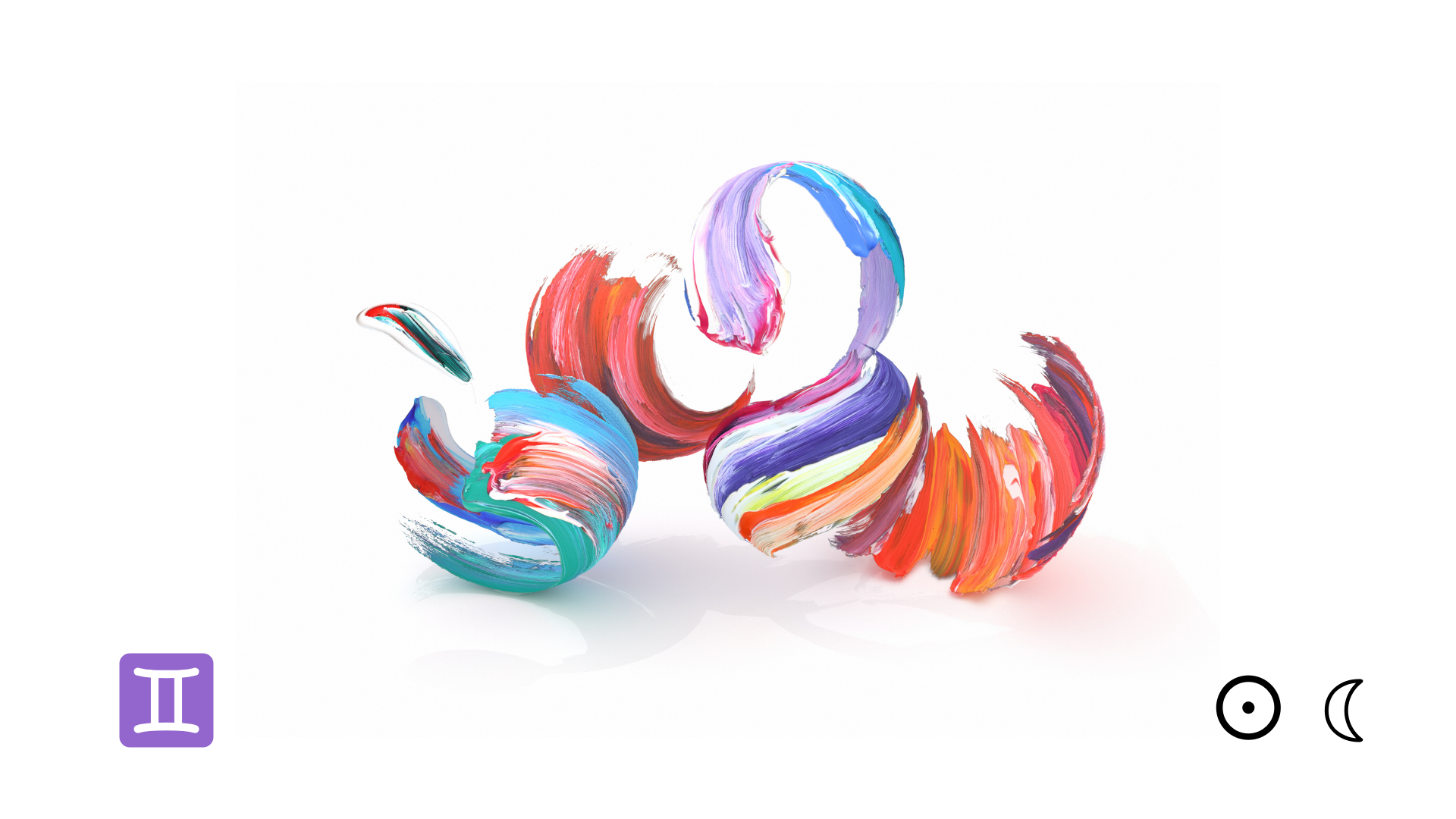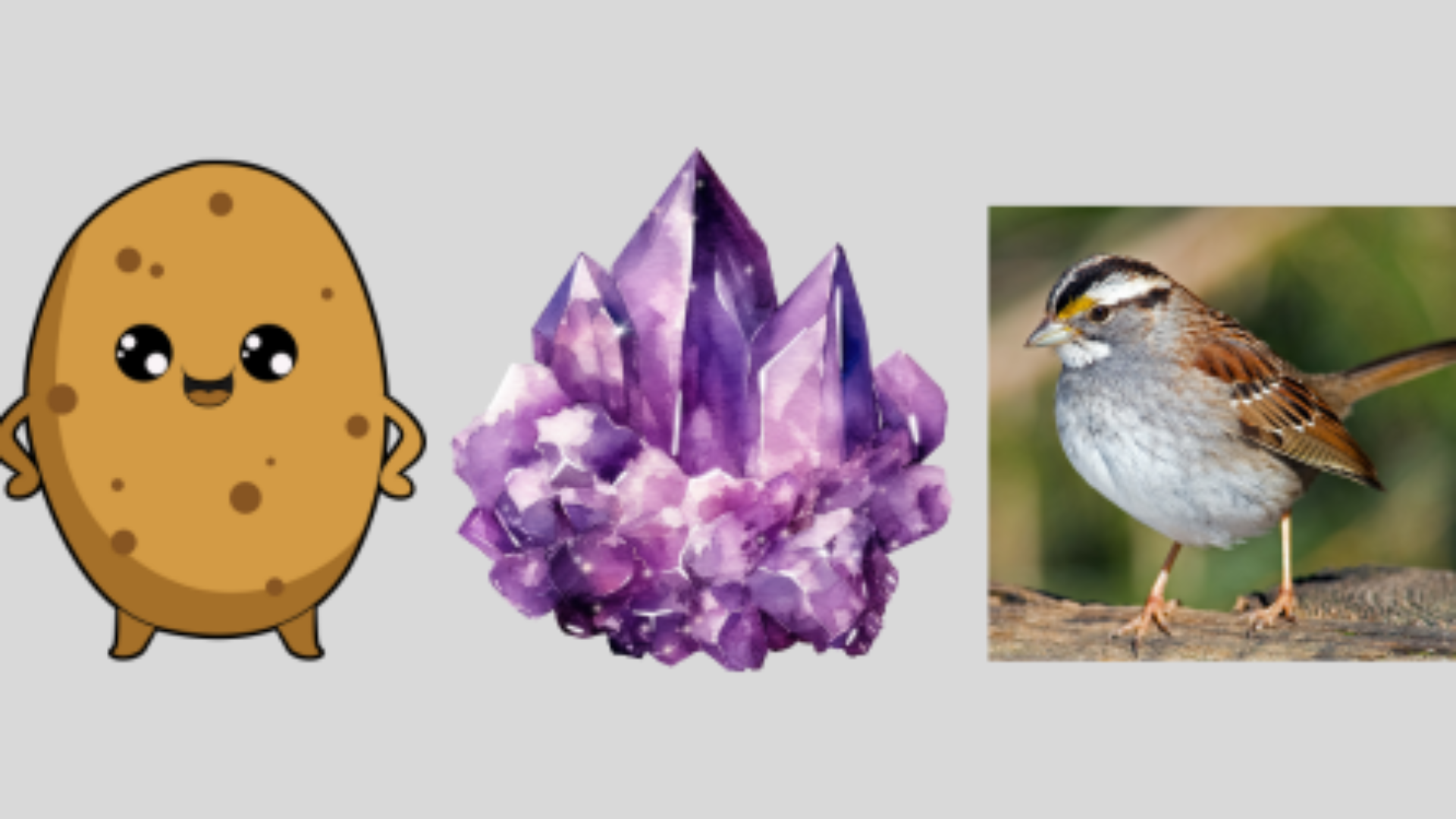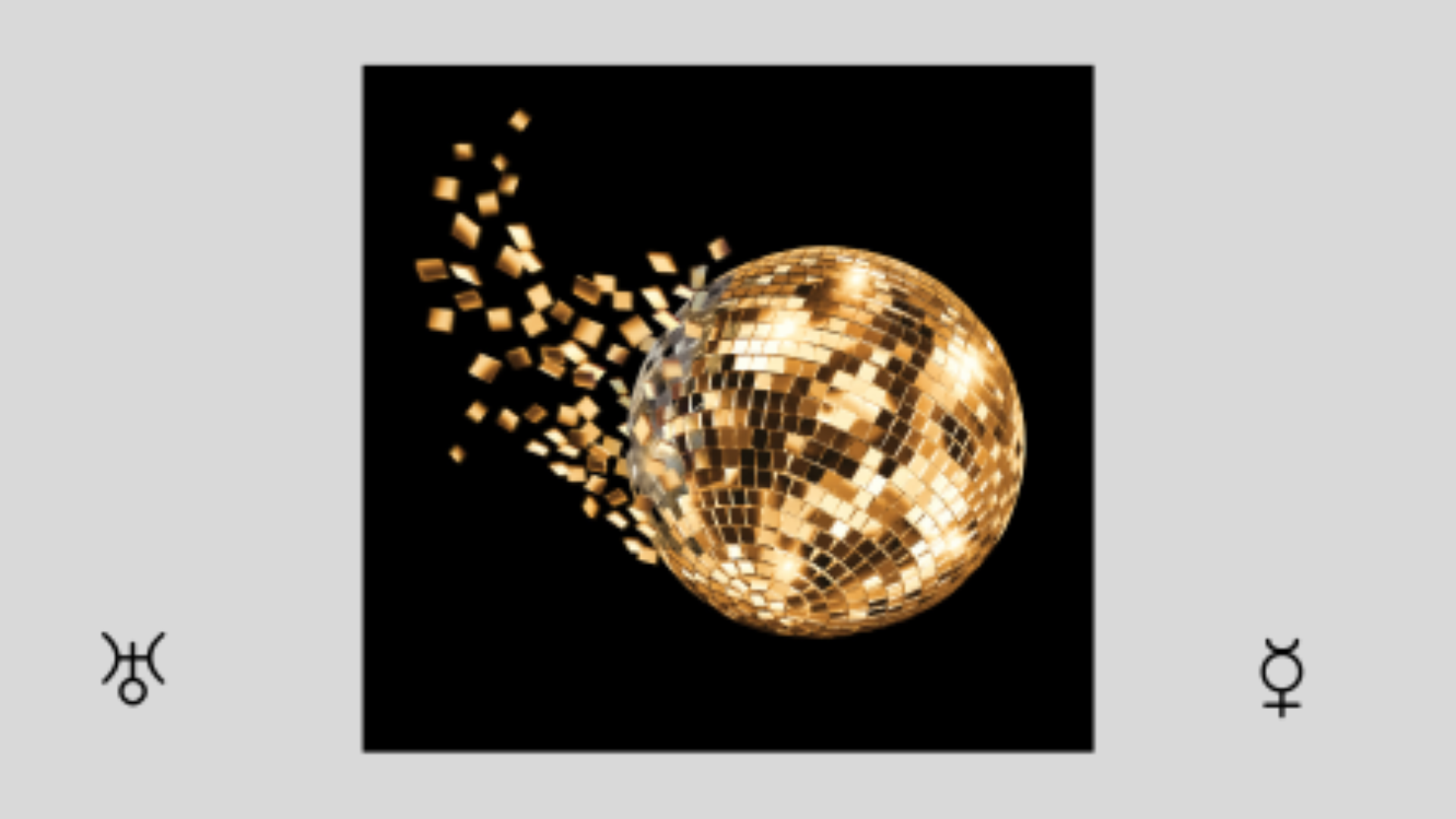What makes you roar?
When you were a child did anyone ask you “How do you want to be when you grow up?”
My guess is probably not!
Calling is more how you do something than about what you do. That is a key insight I learned years ago from my favorite James Hillman book, The Soul’s Code.
We tend to find ourselves going through the first half of life focused more on what we want to be when we grow up.
Leo season presents the opportunity to revisit and reflect more deeply on the Hero archetype:
In reflecting on the archetypal gestalt of the hero, Jung notes how each of us has an innate cluster of energy whose task it is to overthrow the dark powers that threaten, whether outer or inner. The outer threats are the powers and principalities of this earth that confront us and generate fear.
Each of us knows this well, for more of our reflexive, patterning behaviors arise out of fear management, or rather our being managed by fear, than any other motive. And yet, each of us also knows a summons to show up in life as ourselves, no matter how deeply buried that impulse is.
–Living Between Worlds: Finding Personal Resilience in Changing Times by James Hollis
For a clue as to that “innate cluster of energy” within you, consider the Hero function of your personality type.
One indicator of the “summons to show up in life as ourselves” is the location of the Sun in your natal chart. The Sun shows us the manner in which we respond to that call; or, the how, not just the what.
Because the Sun is the host of Leo, the location of Leo in your chart also gives clues about that summons, even if there are no planets in Leo in your chart.
During the New Moon in Leo tomorrow, the Sun will be in the Retreat section of Leo (per the I Ching). Retreat is about a leader remaining at a distance from their people – an advisor rather than a friend. It takes the 10,000 foot view and practices caring detachment.
The lion is the symbol of Leo. The roar of a lion can be heard from great distances and establishes the lion’s presence without physical confrontation. A roar is used strategically; a lion never says more than is necessary. The roar of a lion captures the essence of Leo’s confident, expressive energy and Retreat’s strategic wisdom.
When you speak from your core and show up fully as yourself, it is like roaring. Roaring helps you reconnect with the essence of how you want to be in life, beyond just what you want to do. The deeper the summons to show up as your true self is buried, the louder you might need to roar!
What makes you roar?
_______________________
WHAT I OFFER:
Consultations:
Astrology Consultations and Tutoring
Writing:
Subscribe to the Reading in Depth monthly newsletter
Get Blog Posts by Email
Index to my popular blog posts about personality typology
